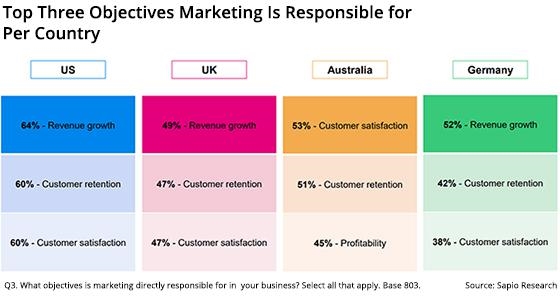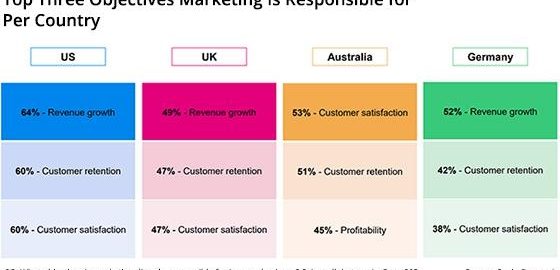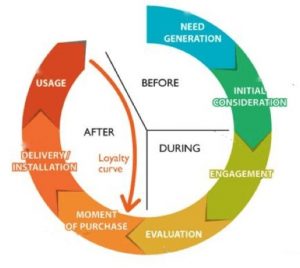When Does It Pay To Take A Risk In Advertising?

Trust is powerful. Risk is tricky. B2B marketing trends reveal that businesses remain optimistic about growth, shifting their focus to long-term goals while taking more risks in 2023 despite indications of impending recession, according to data from Sapio Research.
Seventy-seven percent of marketers participating in the survey said they are encouraged to take risks, and 32% are strongly encouraged to take risks to improve performance.
Participating in the study were 803 marketing decision makers in B2B companies across the U.S., the U.K., Australia, and Germany. The study was fielded online in September and October 2022, using an email invitation and an online survey.
The goal of this research was to understand the key challenges for marketing departments, to form new products, and to adjust messaging
This major shift in thinking could change marketing in 2023. Only 58% of marketers were encouraged to take risks to improve performance in 2020, according to the data.
Some 76% of marketing leaders are allocating more resources — up to 60% — to long-term goals of 6 months or more. About 67% of the remainder will do the same, signaling a shift away from short-term pandemic marketing and toward more strategic, customer-centric marketing.
It’s interesting to note that on average, campaigns usually run for 2 to 3 months. Forty-two percent of the leaders in an organization said they will run the campaign for this duration, whereas 35% will run it for between four and six months.
The data from Sapio Research shows that half of marketing leaders will invest more than 40% of their budget in long-term goals. Less than 40% of marketers plan to reduce budgets heading into a recession.
If the United States does fall into an economic slowdown in 2023, company marketer said they put additional emphasis on customer lifecycle marketing.
Some 38% of leaders in the company this year said they had a structured approach to regular testing and feedback, compared with 29% in 2020. About 19% said they test in a variety of areas but it is sporadic, compared with 29% in 2020.
Only 8% said they test digital channels, compared with 32% in 2020. And only 1% said they do not test at all, compared with 19% in 2020.
(32)
Report Post






